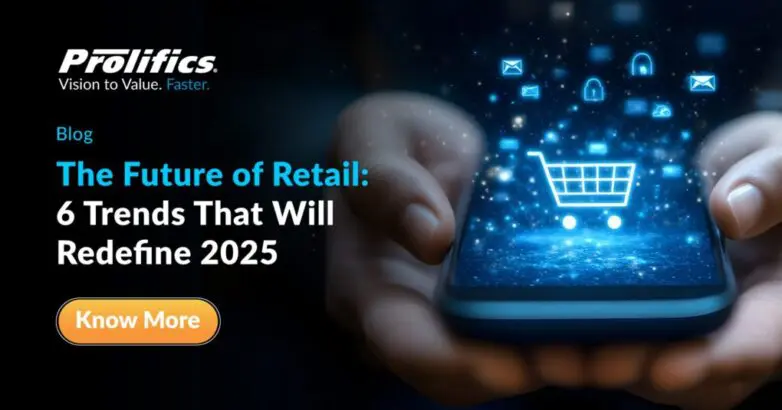New York, USA – The U.S. retail landscape is undergoing a major transformation in 2025, driven by advancements in artificial intelligence (AI), micro-fulfillment centers (MFCs), and innovative loyalty programs. Industry analysts predict these technologies will reshape how supermarkets, department stores, and FMCG retailers operate, offering consumers unprecedented convenience and personalization.
Generative AI is being deployed to create hyper-personalized shopping experiences. Companies such as Walmart, Kroger, and Target are using AI to generate shopping lists, suggest recipes, and anticipate replenishment needs, making online and in-store shopping faster and more efficient.
Simultaneously, micro-fulfillment centers—small, automated warehouses located close to urban populations—are expected to handle up to 40% of online grocery orders this year. Chains like Kroger and Albertsons are expanding these facilities to reduce delivery times, optimize inventory management, and cut costs in last-mile logistics.
“Micro-fulfillment combined with AI-driven analytics is a game-changer,” said retail consultant Mark Davidson. “It allows retailers to respond to demand in real-time, offer same-day delivery, and keep customers engaged through personalized experiences.”
Loyalty programs are also evolving. Retailers are integrating “phygital” strategies that combine app-based rewards with in-store interactions. For example, Walmart+ members enjoy delivery benefits, digital coupons, and exclusive promotions, while Kroger’s loyalty app offers personalized discounts based on shopping habits.
The adoption of these innovations comes amid intense competition from e-commerce giants like Amazon, Shein, and Temu, which have redefined consumer expectations for speed, price, and convenience. Traditional retailers are using technology to not only keep pace but to differentiate themselves in crowded urban and suburban markets.
“Retailers who embrace AI, micro-fulfillment, and dynamic loyalty programs will create a seamless omnichannel experience,” Davidson added. “Those that fail to innovate risk losing relevance as consumer expectations continue to rise.”
As 2025 progresses, the integration of AI, micro-fulfillment, and loyalty strategies is expected to define the next generation of U.S. retail — where convenience, speed, and personalization are no longer optional, but essential for success.


